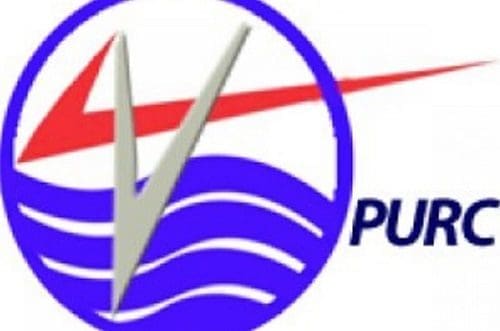Ghana’s major utility companies have submitted proposals for dramatic tariff increases averaging 690 percent to the Public Utilities Regulatory Commission, setting the stage for intense negotiations over consumer costs and service sustainability.
The Public Utilities Regulatory Commission opened consultations on the Multi-Year Tariff Order for 2025-2030 during a stakeholder session in Accra, as electricity and water providers press for significant charge increases to maintain operations.
Executive Secretary Shafic Suleman emphasized the framework’s citizen-centered approach, describing the MYTO as belonging to Ghanaians while balancing utility viability with consumer protection. The commission must provide predictability for utilities, stability for consumers and confidence for investors, he told participants.
The Electricity Company of Ghana leads demands with a 225% increase request for its Distribution Service Charge, seeking to raise tariffs from 19.08 pesewas per kilowatt-hour to 61.80 pesewas per kWh for 2025.
ECG argues cost-reflective tariffs are essential to address system losses, illegal connections and foreign exchange pressures affecting operational sustainability.
The Northern Electricity Distribution Company has requested a 171% tariff increase, citing revenue shortfalls and rising operational costs. NEDCo, which serves five northern regions and parts of Oti Region, warns that current lifeline subsidies are unsustainable.
The northern distributor has recommended eliminating the lifeline band altogether and establishing a dedicated tariff structure to fund public lighting infrastructure.
Ghana Water Limited seeks a 280% increment to address loan repayments, infrastructure rehabilitation and water source pollution impacts. The company outlined expenditure exceeding GH¢447 million, alongside US$1.5 million and €8.5 million in foreign-denominated costs.
Additional utility companies including Volta River Authority, Ghana Grid Company, Ghana National Gas Company and Enclave Power Company have submitted review requests for the regulatory period.
GRIDCo seeks to more than double its transmission tariff from 5.64 pesewas per kWh to 12.97 pesewas per kWh in 2025, representing a 130% increase to support reliable grid operations.
Presidential Staffer Nana Yaa Jantuah, chairing the Utility Review Hearing Committee, warned that illegal mining activities are worsening water scarcity challenges. She cautioned that Ghana may face water importation requirements without urgent action to protect water bodies from galamsey activities.
The PURC announced upcoming regional public hearings to allow consumers direct engagement with utility companies regarding their tariff proposals.
Utility representatives maintain that proposed adjustments are necessary to safeguard service delivery amid challenging economic conditions and infrastructure demands.
“We urge the commission and all stakeholders to consider this proposal favourably,” stated Moses Okley, General Manager for Financial Planning at ECG.
The commission emphasized that final tariff determinations must balance affordability concerns with operational sustainability requirements for continued service provision.
Ghana’s utility sector faces mounting pressures from foreign exchange volatility, infrastructure maintenance costs and regulatory compliance requirements driving the substantial increase requests.
Recent PURC decisions included a 4.22% electricity tariff increase and 1.18% water tariff adjustment in previous quarters, significantly lower than current proposals under consideration.
The Multi-Year Tariff Order framework provides regulatory certainty for planning purposes while allowing periodic adjustments based on economic conditions and performance indicators.
Consumer advocacy groups and industrial users are expected to present strong opposition to the proposed increases during public consultation phases, citing economic hardship and competitiveness concerns.
The final tariff determinations will significantly impact household budgets, business operations and Ghana’s overall economic competitiveness as authorities balance multiple competing interests.
Source: newsghana.com.gh











